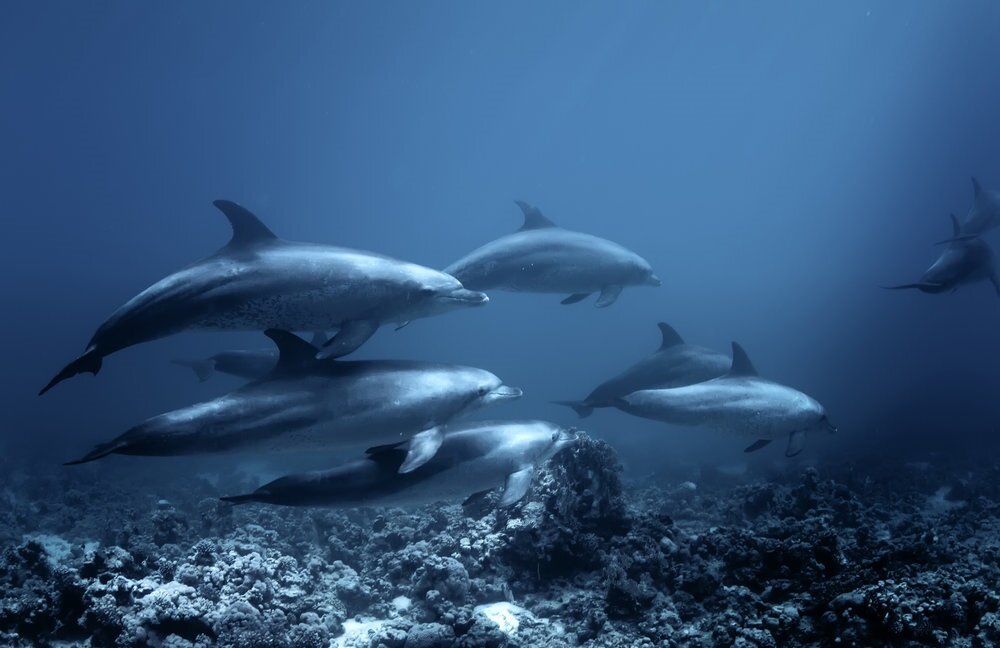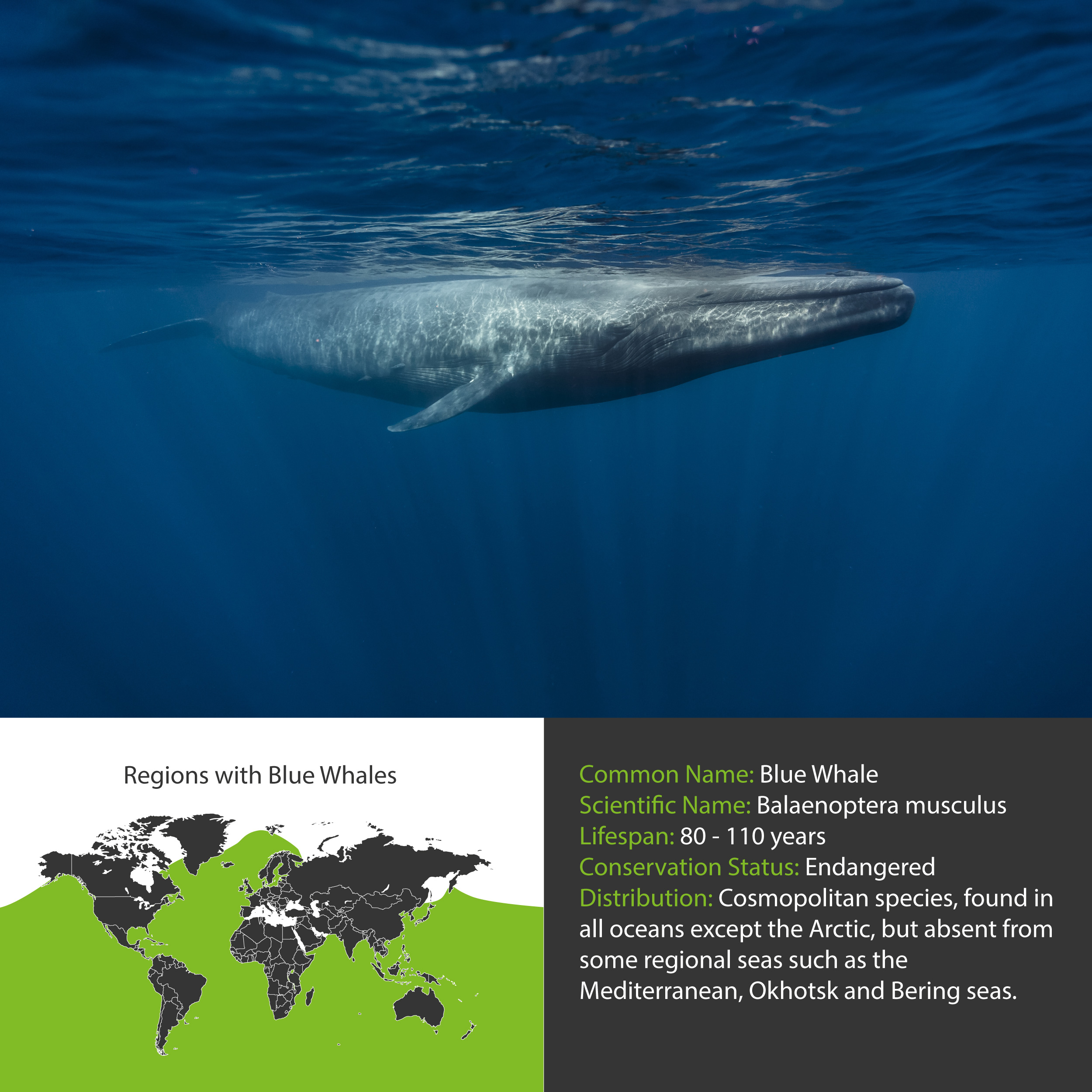BLUE WHALE WATCHING IN SRI LANKA
There is a small selection of our planet’s weird and wonderful creatures that almost seem to be mythical. Ask anyone if they have ever seen a blue whale and most will reply with something along the lines of “Does the model in the natural history museum count?” It seems that for most people, the idea of witnessing the glorious spectacle of the mighty blue whale breaching the ocean surface is about as likely as spotting a woolly mammoth or Big Foot. Indeed, despite claiming the title of largest creature ever to have inhabited our planet, the blue whale remains a rather elusive and mysterious beast.
Following huge efforts to prevent the extinction of the blue whale, their populations have been on the rise over the past 50 years or so. It was recently discovered that many of them currently reside in the warm waters based off Dondra Point in Sri Lanka. This finding, together with the recent ending of the 25- year civil war has led to somewhat of a tourism boom in the tear-drop shaped island nation. The high probability of spotting undoubtedly one of nature’s greatest creations coupled with the fact Sri Lanka’s Yala National Park boasts the highest concentration of wild leopards in the world was enough tempt me in.
After a journey filled with arduous hikes and lengthy train rides, I wanted to unwind for a few days in the tranquil beach town of Mirissa. Bountifully scattered along the white sand shores were a host of tour operators offering whale watching excursions. I put my faith in a small yet highly recommended company named Danushka and the Whales and went to bed that evening thoroughly excited for what awaited me the next day.
I woke at six-o-clock the following morning and after a quick breakfast, climbed into a tuk-tuk toward the harbour. After crisscrossing our way through a hoard of local fisherman, all frantically trying to make a quick Rupee off their morning catch, I arrived at the jetty and boarded the half-full boat in high spirits. Soon thereafter, we soon pulled out of the picturesque port and headed purposefully into the open ocean.
The swell was slight and the water crystal clear as we gradually distanced ourselves further from the palm covered coast. A few hours passed where nothing but seabirds and a lone flying fish were spotted. Just as all passengers on board were about to give up, we happened upon twenty or so whale watching boats, all congregated in the same small patch of deep blue sea. It quickly became apparent that something had aroused their interest, and as a result, excited passengers swiftly positioned themselves toward the bow.
As we entered the area of interest, the unmistakable sound of water forcefully spouting through the blowhole of a whale came from the starboard side. I turned toward the direction of the misty spray, and there, 20-feet away in all of its magnificence, was that most fabled of all living things – a blue whale. After standing motionless for a few seconds in complete awe and admiration, I quickly grabbed for my camera. Hurriedly, I captured snap after snap of the gigantic cetacean including the trademark tail fin shot as she began her descent into the deeper water.
It wasn’t until she appeared at the surface again, around a kilometer into the distance that I realized I had wasted the moment. I soon understood that to have initially been in such close proximity to the whale was a rare occurrence, and began to feel annoyed with myself for spending those precious few seconds behind the camera lens instead of fully embracing the encounter. As the gentle giant resurfaced every ten minutes or so, the growing number of boats would recklessly speed toward her and I increasingly began to feel disheartened. It saddened me to learn the tour operators’ desire to ensure a high-rate of customer satisfaction consequently led to the harassment of an animal that just wanted to be left in peace. It was less a case of “whale watching” more “whale chasing”.
As a wildlife enthusiast, I cannot deny my feelings of elation whilst encountering three blue whales that day. Nonetheless, I feel rather conflicted about the whole experience due to the obvious lack of ethicality. I appreciate the difficulty that tour operators have in finding the right balance between ethical practices and increasing their ratings on review sites such as Trip Advisor, but this predicament should not be to the detriment of any animal. More stringent measures need to be enforced, limiting the number of vessels and time spent with the whales. An excellent example to follow would be that of gorilla trekking regulations in East Africa. In Rwanda, limited permits are issued to tourists each day and trekkers are not permitted to spend any longer than one hour with the great apes. Furthermore, the sheer cost of each permit is enough to separate the serious wildlife enthusiasts from the general public.
Approximately 200 people were crammed together onto our boat the day I went to see the blue whales. Filtering out those who grew bored after five minutes of taking selfies, there were probably no more than twenty people interested in observing and learning about the whales. It would seem that by following Rwanda’s example, there is already a tried and tested solution for ensuring that genuine wildlife enthusiasts have the opportunity to experience once-in-a-lifetime opportunities with nature, without causing any major distress to the subject.





















